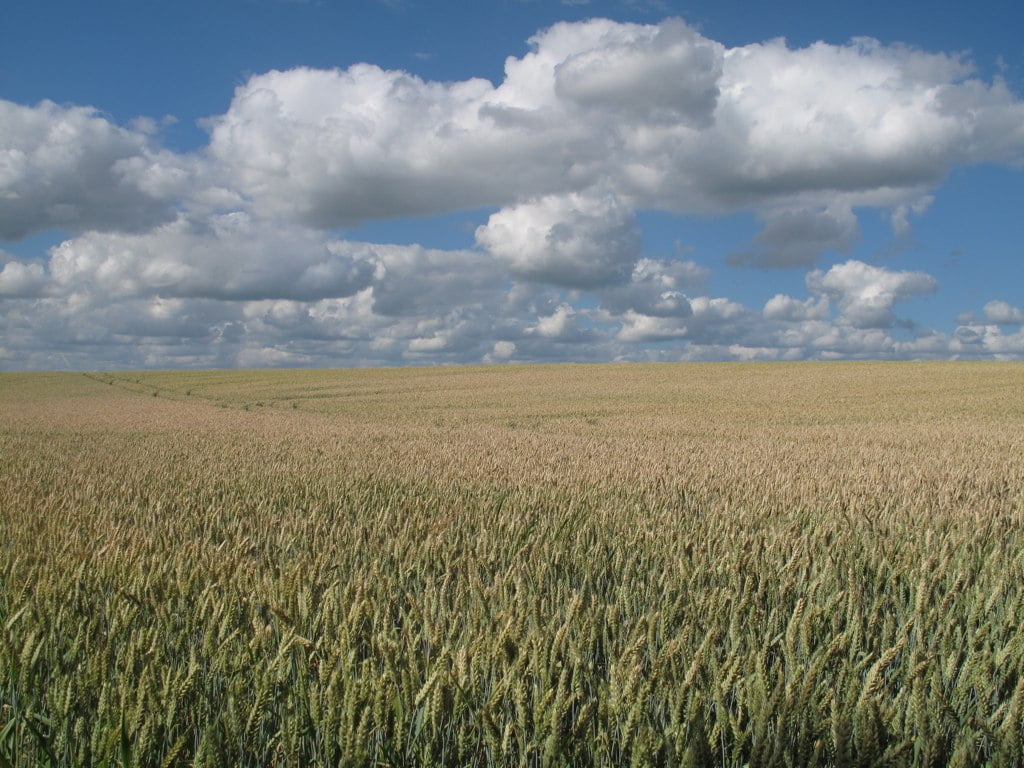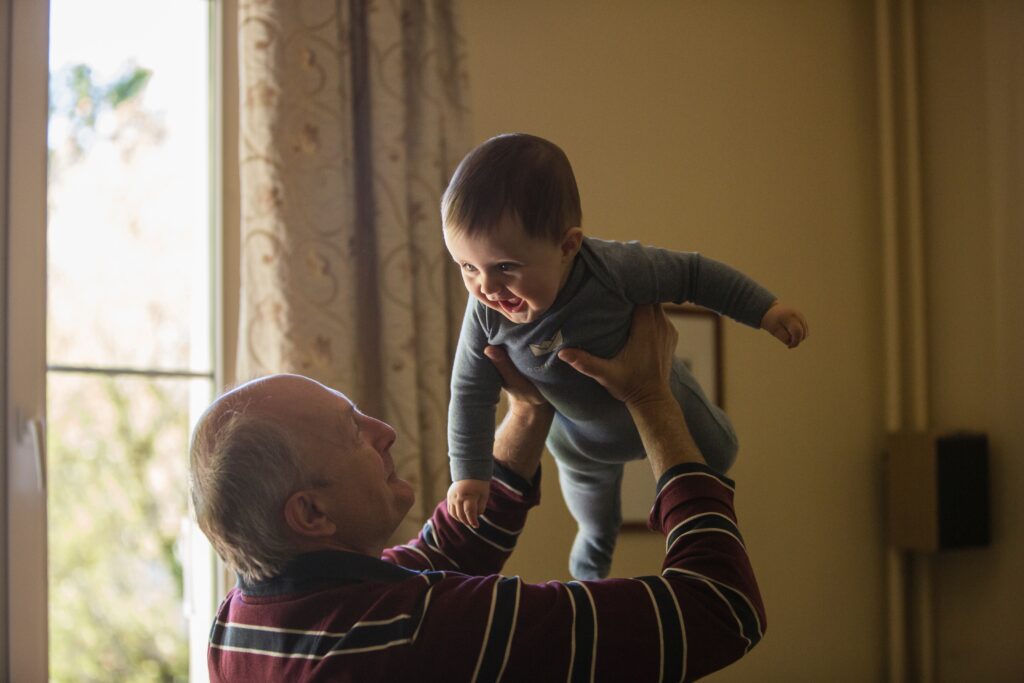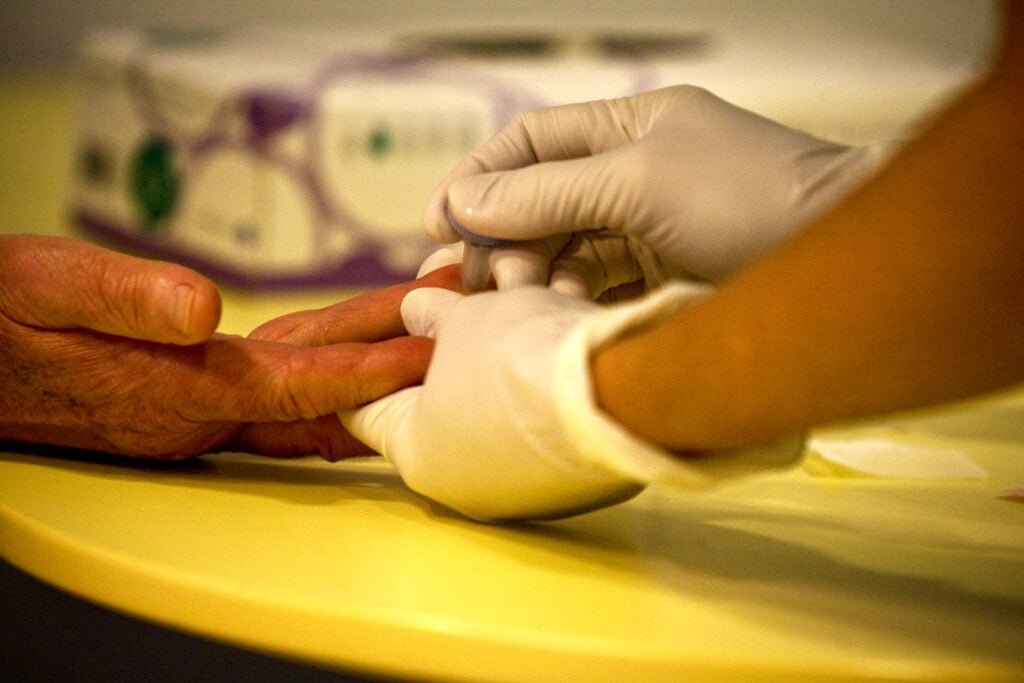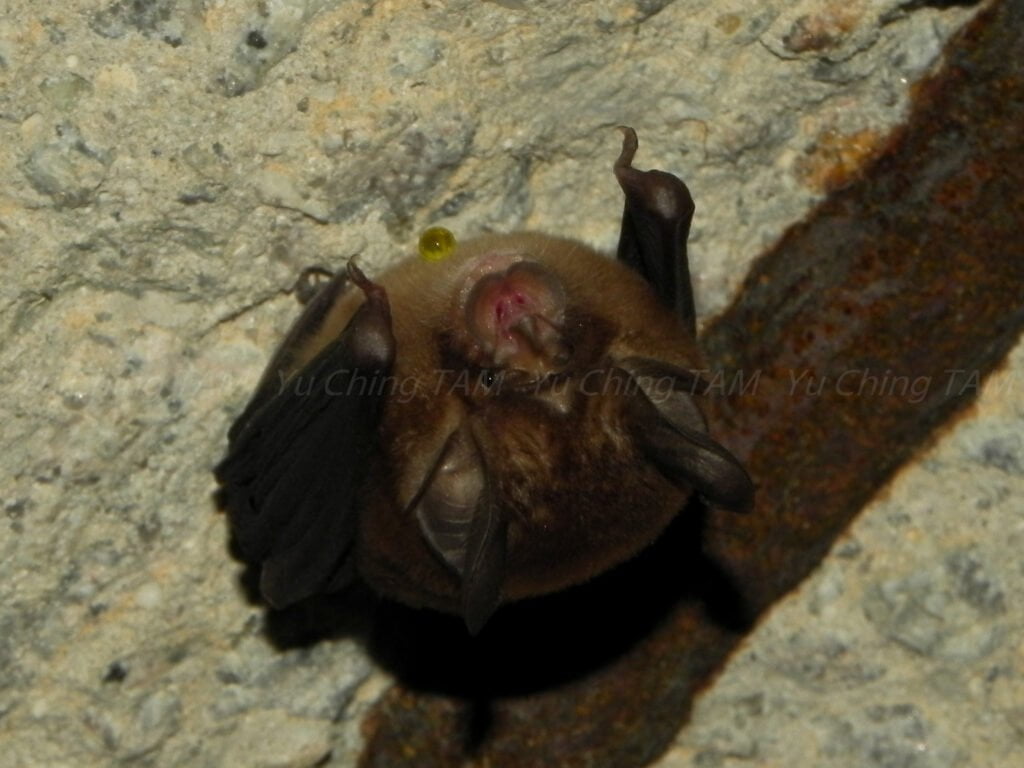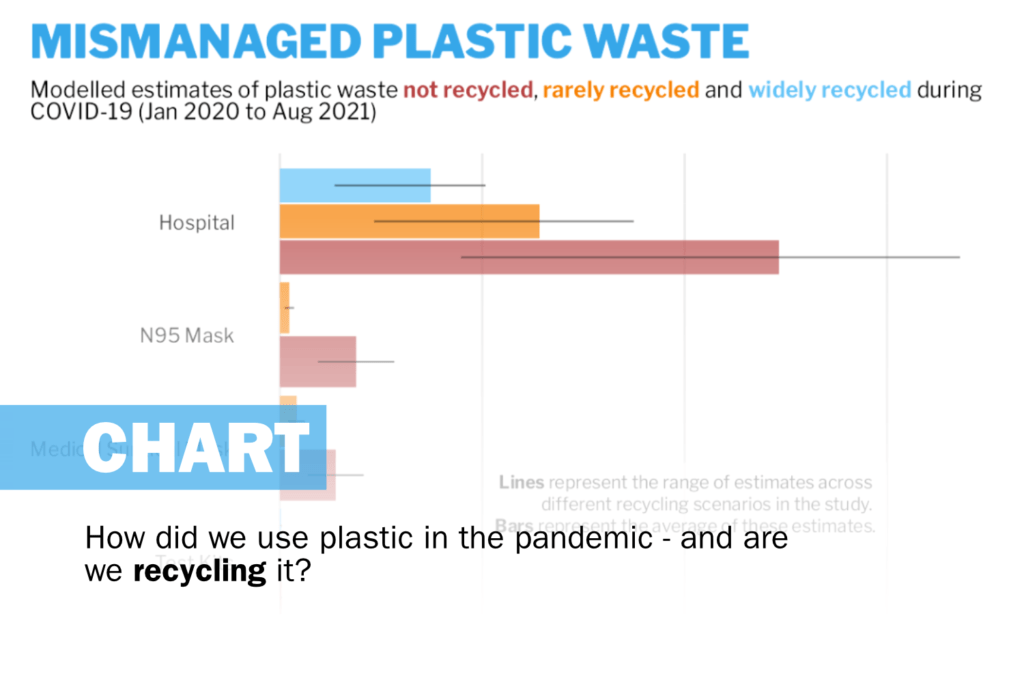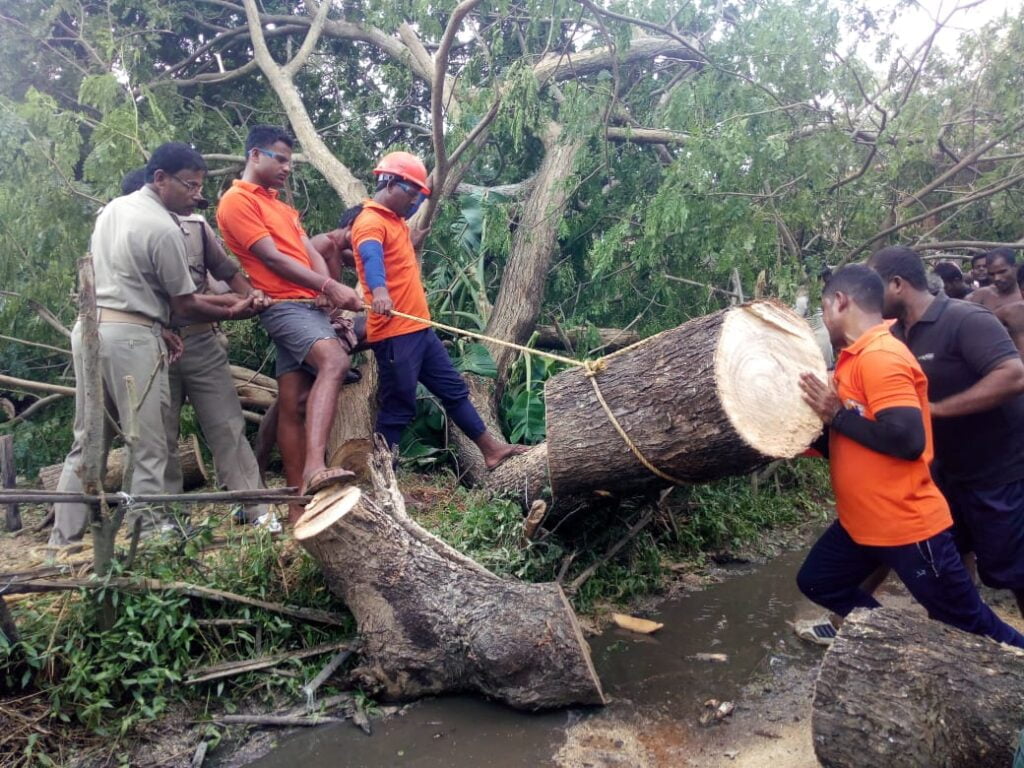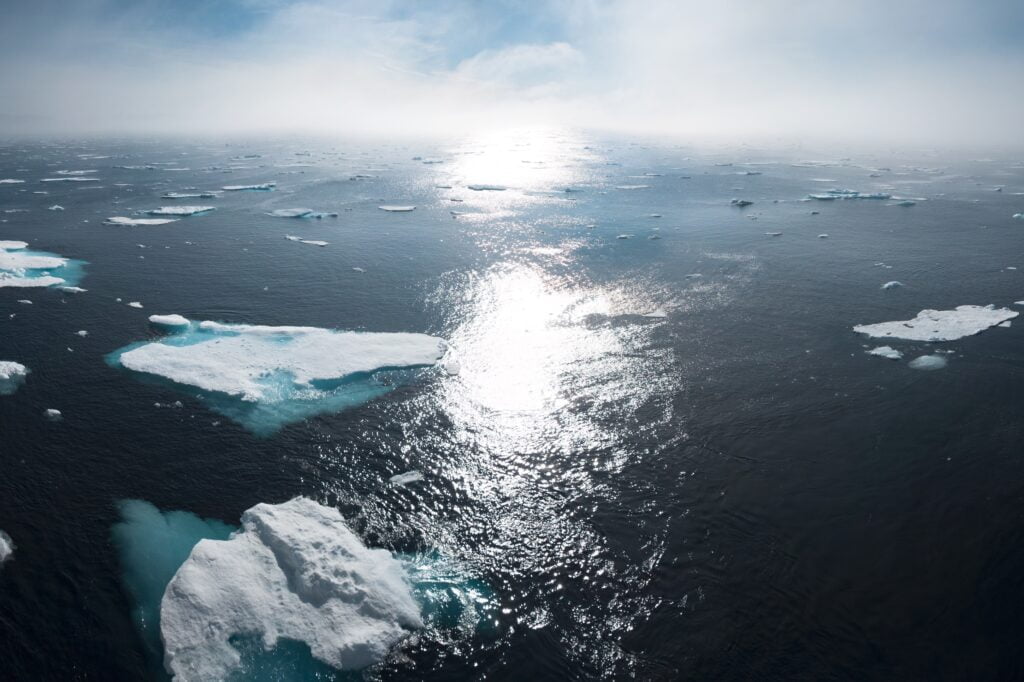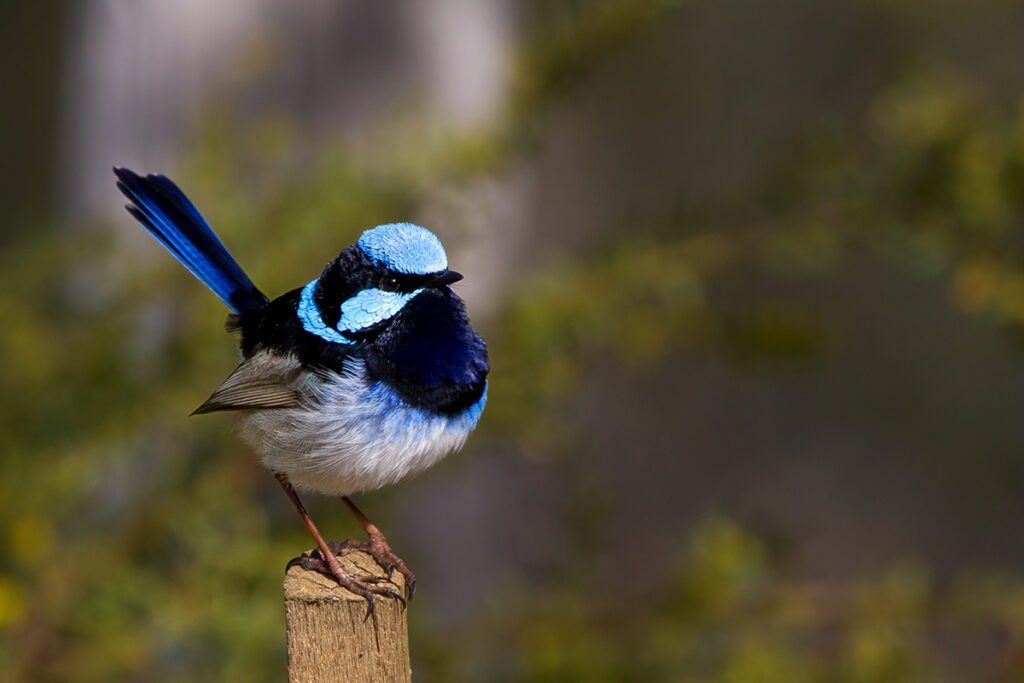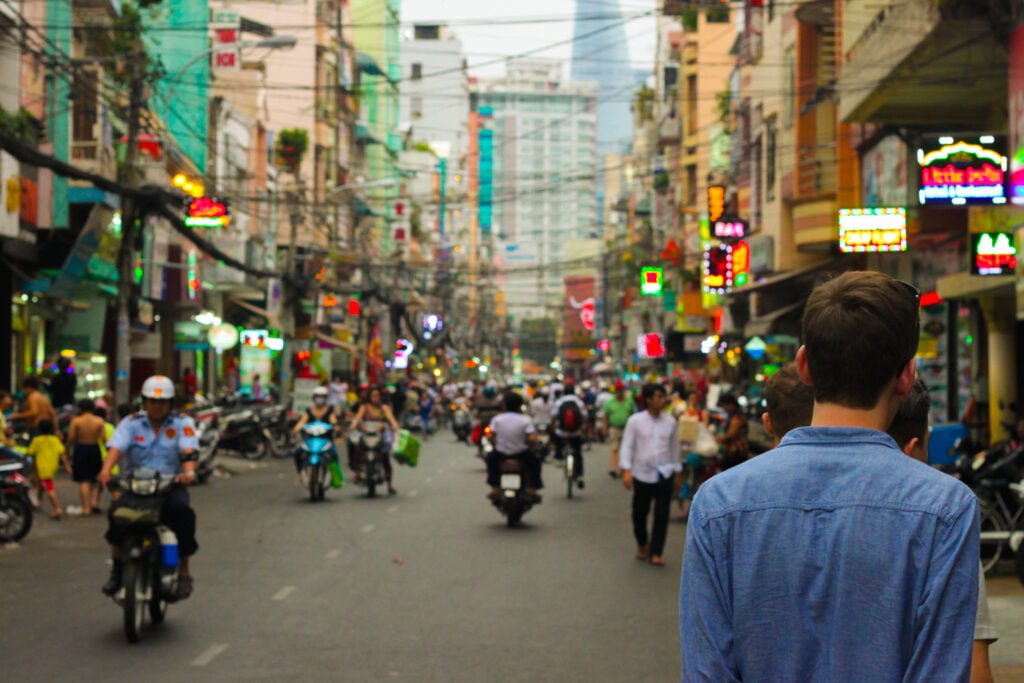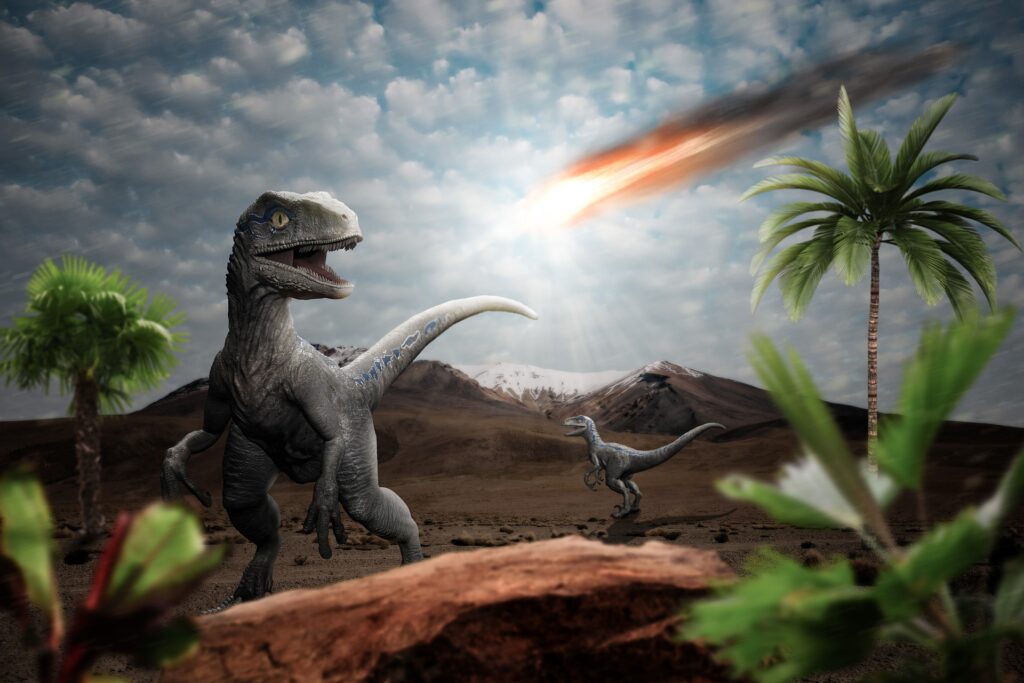We use cookies to improve your experience with Monash. For an optimal experience, we recommend you enable all cookies; alternatively, you can customise which cookies you’re happy for us to use. You may withdraw your consent at any time. To learn more, view our Website Terms and Conditions and Data Protection and Privacy Procedure.
Science against the clock
Published on October 31, 2022Exploring the challenges of our time where scientists are racing against the problems reaching a point of no-return.
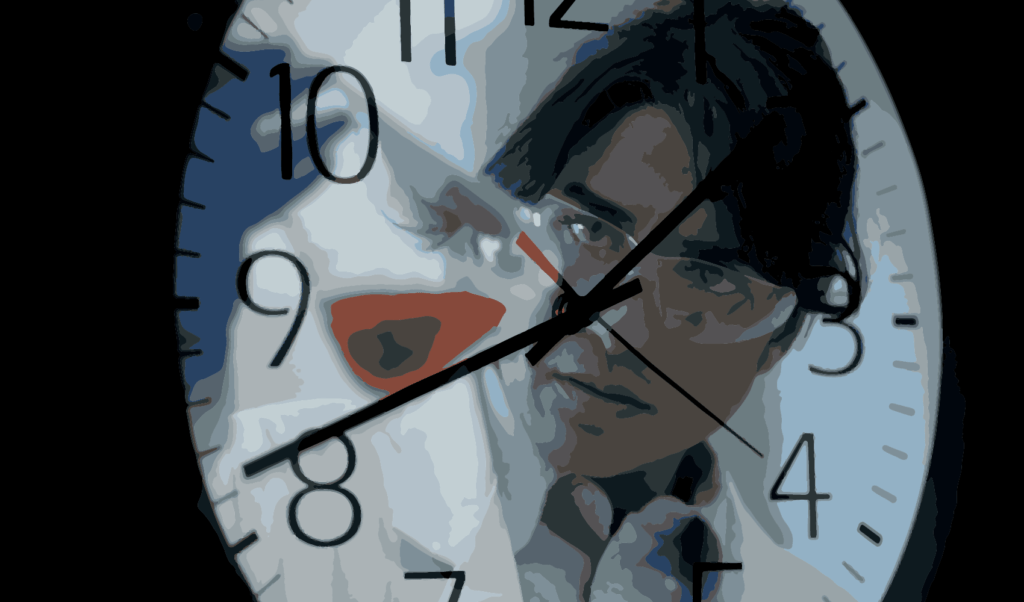 Scientists are seeking solutions to runaway problems. : Michael Joiner, 360info CC BY 4.0
Scientists are seeking solutions to runaway problems. : Michael Joiner, 360info CC BY 4.0
Exploring the challenges of our time where scientists are racing against the problems reaching a point of no-return.
Modern technology has improved our knowledge and quality of life. We’re now more connected and living longer than ever before. Yet we face pervasive challenges which are difficult to overcome.
Our populations continue to grow, putting a strain on natural resources and public health systems.
The climate crisis threatens our future livelihoods — endangering our crops, food supply and accelerating the extinction of plants and animals. Parts of our world will increasingly become inhabitable as extreme weather events become more common, sea levels rise and ecosystems are fundamentally disrupted.
These are just some of our grand challenges — surging global issues which will only get worse if ignored — affecting humanity with no clear solutions.
It’s a race to find answers as problems inch closer towards a point of no return.
A new study by the University of New South Wales found packaging local bacteria together with the seeds of native plants could replenish the vegetation of drylands.
Lead author, Frederick Dadzie, PhD candidate at UNSW, said only 10 percent of seeds germinate in degraded drylands.
“And given native seeds are expensive and often in low supply for the scales required, this is problematic,” he said.
Drylands can be valuable areas to provide agriculture and food.
“Due to the vastness of drylands, they [also] have the highest potential to sequester atmospheric carbon and thereby contribute substantially to climate change,” Dadzie said.
While the study found indigenous microbes helped germinate wattle seeds in these deserted lands, it did not influence plant survival.
But research like this attempts to make our world better, even as problems continue to intensify.
REALITY CHECK
Droughts have increased by nearly a third in a generation and floods have increased four-fold since the 2000s. Increasingly hazardous storm events are predicted to worsen in the future.
More than 55 million people live with dementia and it’s expected to double every 20 years. Supportive care, the current gold standard in dementia treatment, is costing the world more than US$600 billion per year.
More than 41,000 species on Earth are currently threatened with extinction, mainly due to human pressures. But this figure is likely to be an underestimate.
BIG IDEAS
This quote is attributable to Caitlin Byrt, Australian National University:
“The current generation and many generations to come will face the extraordinary challenge of having to work out how to adapt food production systems to extreme climatic conditions, such as increasingly frequent and severe heatwaves, droughts, floods and storms.”
This quote is attributable to Letizia Tedesco, University of Helsinki:
“Protecting the sea ice ecosystem is fundamental to guarantee all the ecosystem services it provides. It is a habitat, nursery and feeding ground for many, a source of food, a climate regulator, and it supports local and indigenous knowledge, tourism and scientific research. If we do not slow down climate change, the disruption of the Arctic will continue to outpace the science.”
This quote is attributable to Ilan Kelman, UCL:
“We cannot develop and implement effective health policy and practice by suddenly blaming long-standing, deep-seated, fundamental problems on a single topic, such as human-caused climate change.”
Originally published under Creative Commons by 360info™.
Editors Note: In the story “Science against the clock” sent at: 26/10/2022 14:47.
This is a corrected repeat.


